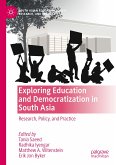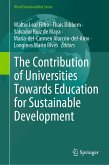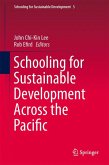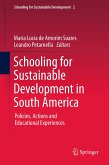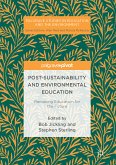The book includes case studies and empirical research, such as exploring student entrepreneurship in the agricultural sector and the factors bridging the gap between entrepreneurial intention and venture creation. These examples provide readers with practical applications of theoretical concepts and demonstrate the real-world impact of educational innovations, which is at the core of education delivery for all and how education touches on other areas of the SDGs. The book offers valuable insights for policymakers, educators, and development practitioners by presenting research and theory-based analyses. It suggests ways to improve the academic environment to foster entrepreneurship and innovation, which are key to economic development and job creation, especially in regions with high youth unemployment rates. The content suggests educational reforms that are responsive to the changing societal and economic landscapes.
The book's blend of theory and practice targets a broad audience, including academic scholars, students, development agencies, non-governmental organisations, and policymakers. It seeks to engage these diverse readers in a conversation about the future of education and its role in achieving sustainable development. In summary, the book seeks to provide a comprehensive exploration of the nexus between education, development, and human needs in the context of the SDGs, offering innovative perspectives and practical solutions to equip readers to contribute to sustainable global development.
Dieser Download kann aus rechtlichen Gründen nur mit Rechnungsadresse in A, B, BG, CY, CZ, D, DK, EW, E, FIN, F, GR, HR, H, IRL, I, LT, L, LR, M, NL, PL, P, R, S, SLO, SK ausgeliefert werden.



